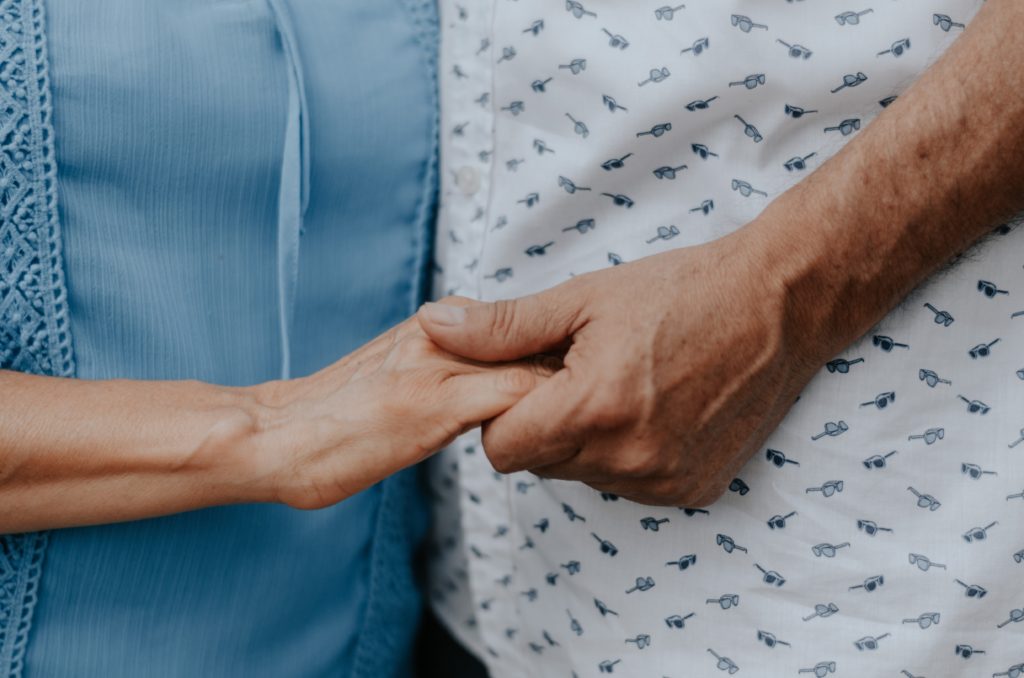Do you own a residential park home? Why it’s important to make a Will

Do you own a residential park home? Why it’s important to make a Will
Although it is always advisable to make a Will to ensure your property and assets can pass in accordance with your wishes, if you own a residential park home or plan to buy one in the future there are number of reasons why making a Will is especially important.
A park home can be a wonderful investment, and it is within your right to leave your park home to your loved ones on your death. However, there are some commonly asked questions around the law in this area such as what happens when you die? This note will set out some important points to be aware of when buying a residential park home (this note only applies to residential park homes – the situation for caravan holiday homes is different).
Won’t everything pass automatically to my partner on my death?
No. It’s important to remember that there are two aspects to owning a park home. The first is the ownership of the park home itself, and the second is the occupation agreement with the park owner which allows the occupier to live in the park home on the site.
What happens to my park home on my death?
Unlike a house or flat, a park home is a “chattel” because it is personal property and not part of the land on which it sits. Because of this, when the owner dies the park home will not automatically pass to their partner and will instead become part of the deceased’s estate. The best way to ensure your share of the park home passes to the person you desire, is to write a Will. Without a Will the intestacy rules will apply, which could result in your share of the park home passing to someone else.
What happens to my occupation agreement on my death?
The Mobile Homes Act states that when a park home occupier dies, the occupation agreement continues and will automatically pass to the spouse of the deceased (or any other family member if there was no spouse), provided that person was living in the park home with the deceased at the date of death. In that event, the surviving spouse/family member will take over all of the rights and responsibilities of the occupier, including the right to live in the home and the responsibility to pay the pitch fees and to maintain the home in good condition. If no spouse/family member was living in the park home when the occupier died, the occupier’s estate has the right to sell the home on the Park.
Why can this create a problem?
A problem can arise where the person who inherits the deceased’s occupation agreement under the Act does not also inherit their ownership of the park home under the Will or the intestacy rules. This is because in that situation, the owner of the park home will be unable to sell the home because although they legally own it, they have no right to remove the surviving occupier. The surviving occupier cannot sell it either, because they do not legally own it. This means that the estate is basically deadlocked. This can usually only be broken by one side agreeing to buy out the rights of the other, which can create stress, inconvenience, expense and acrimony between relatives.
How can I prevent this situation?
To avoid this problem happening, the ownership and occupation rights need to be held by the same person. The best way to ensure that this happens is to have a properly drafted and legally executed Will prepared. If you have already made a Will, have it reviewed regularly and whenever there is a change in your personal circumstances.
What if I want to buy a park home from the estate of a deceased person?
The first issue to consider is who is entitled to deal with the assets of the estate i.e. who is the deceased’s personal representative? The second issue is whether a Grant of Representation is required to deal with those assets. Where there is no Will, a personal representative will need a Grant to confirm authority to act. If an executor is named in the deceased’s Will, then authority to act stems from the Will, whilst the Grant confirms that authority.
An executor named in the Will can technically deal with the deceased assets from the date of death, however a Grant of representation provides proof of their title. It gives the buyer peace of mind that they are buying a park home with good title i.e. from someone who is authorised to dispose of the deceased’s assets.
Speak to our expert Park Homes experts today
For more information, or to discuss further, please contact our residential parks team today on 03456 381381 or email parks@ibblaw.co.uk.
